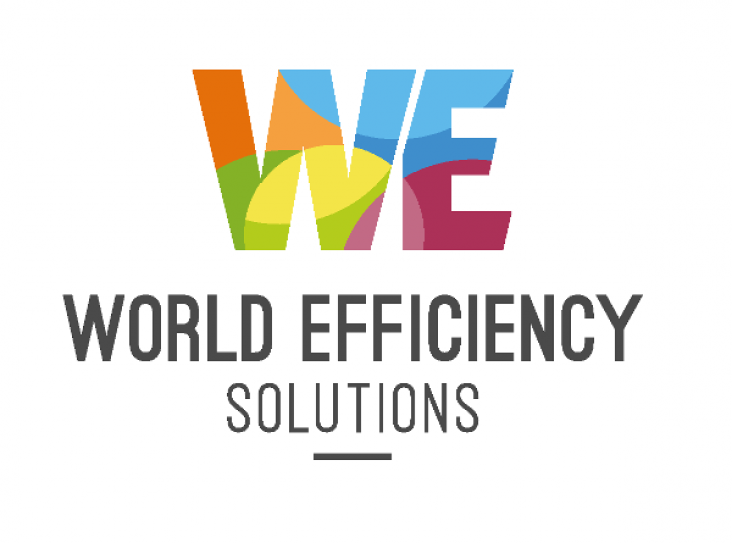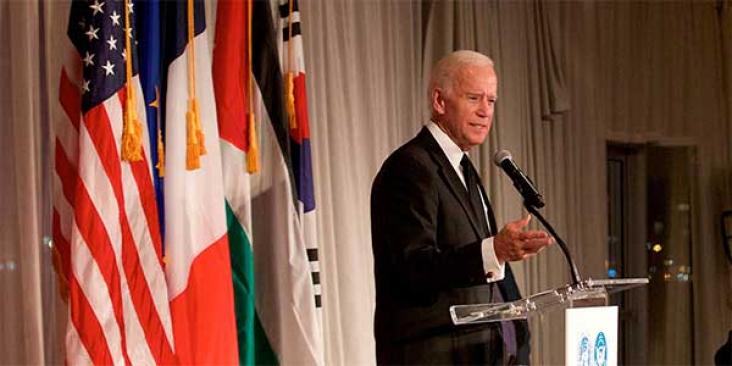In this year’s Special Edition of the UN Global Compact-Accenture Strategy CEO Study, the world’s largest program of CEO research on sustainability, we focus our attention on goal 17, transforming partnerships for the Sustainable Development Goals. Following a decade of research into the views of business leaders worldwide, we examine the views of UN leaders. As the UN Secretary-General calls for enhanced cooperation between the United Nations and the private sector, we ask agency heads and partnership practitioners across the UN system: what will it take to scale up partnerships to bring about transformational impact on the SDGs?

World Future Energy Summit is the world’s leading business event for future energy and sustainability, showcasing pioneering technologies and ground-breaking thinking in energy, energy efficiency, water, solar, waste, smart cities, climate and the environment. As a global hub for business, innovation and knowledge exchange, World Future Energy Summit inspires the advancement and transfer of ideas, technology and investment across borders and between the public and private sectors worldwide, helping stimulate sustainable growth for all.
For over 15 years, businesses around the world have turned to the UN Global Compact to shape their corporate sustainability approach. We offer an extensive toolbox ranging from leadership engagement platforms to best practices and resources that will help your business embed the Ten Principles into your operations, identify new opportunities to advance the SDGs and partner with the United Nations.
Furthering SDGs 8 and 17, this report explores partnerships and progress towards the 2030 Agenda for Sustainable Development by the business community in Latin America and the Caribbean. It includes key findings from a report by the Economic Commission for Latin America and the Caribbean, as well as data from participants of the UN Global Compact.

World Efficiency Solutions (WES) is the premier international meeting for the low-carbon and resource-efficient economy focussed on creating the low-carbon and resource-efficient market place. WES was first held in 2015 in Paris during COP21 negotiations, focusing on climate change solutions. World Efficiency develops a new environment consensus: economic and human activities must, to be sustainable, be redesigned to limit their impact on the environment while awareness of the planetary limits (climate change and resources scarcity) becomes widespread. A key objective for WES 2017 is to Identify new market opportunities aligned to the 2030 Sustainable Development Goals (estimated market opportunities are larger than USD 12 trillion) and the Paris Agreement on Climate Change from 2015.
The Sustainable Development Goals provide a powerful aspiration for improving our world - laying out where we collectively need to go and how to get there. Making Global Goals Local Business is the UN Global Compact’s strategy for businesses on how to navigate the SDGs. It explains the SDGs through a business lens and signposts companies on ways they can advance each one.

The Cancer Moonshot initiative directly supports SDG 3, Target 3.4 and Indicator 3.4.1. Joe Biden, former VP, and YS Chi, Chairman of Elsevier and Director of Corporate Affairs at RELX Group, received Humanitarian of the Year awards from the United Nations Association of New York (UNA-NY).
Contributing to SDGs 17 (Partnerships for the Goals) and 16 (Peace, Justice and Strong Institutions), The United Nations collaborate with criminologists, sociologists, and practitioners to produce guidance on preventing the use of children in violent non-state armed groups.
Partner content
United Nations UniversityChildren and Extreme Violence, United Nations University, October 2017.
Contributing to SDGs 17 (Partnerships for the Goals) and 16 (Peace, Justice and Strong Institutions), the UN collaborated with scholars and practitioners from a range of fields to explore opportunities to prevent children entering violent non-state armed groups.
Partner content
United Nations UniversityChildren and Extreme Violence, United Nations University, New York, October 2017.
Contributing to SDGs 17 (Partnerships for the Goals) and 16 (Peace, Justice and Strong Institutions), the UN collaborated with academics in communications and psychology; practitioners in brand creation, marketing, and cause campaigns; social media experts and practitioners and entertainment content creators to gain a deeper understanding of recruitment typologies, messaging and intergroup competition involving children in the Islamic State.
